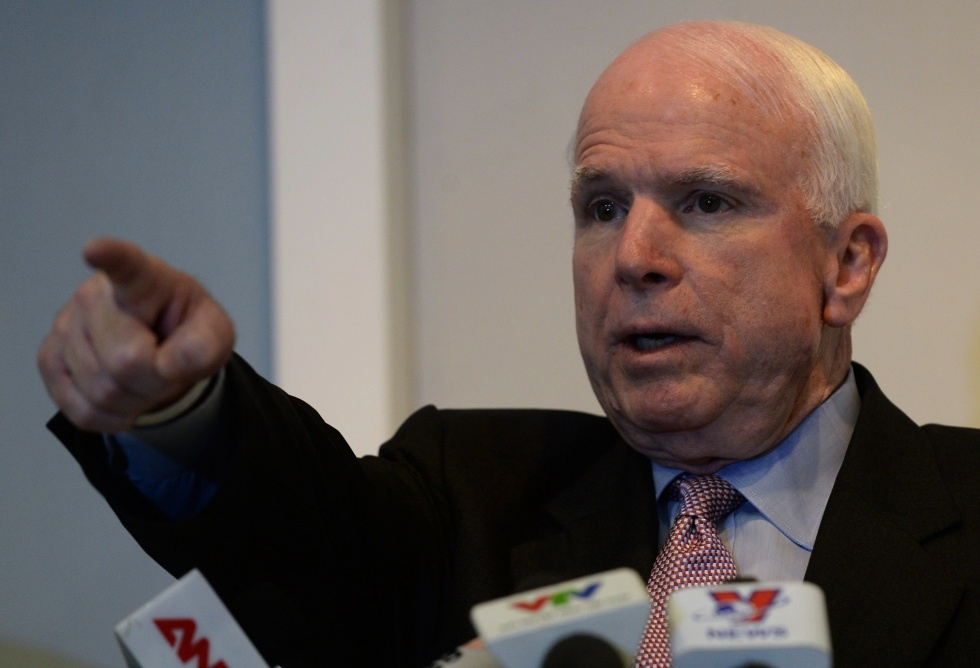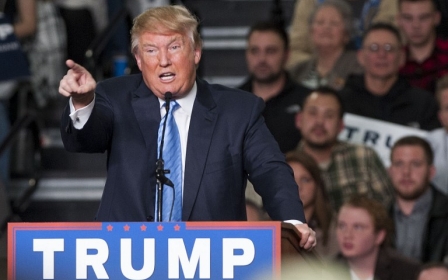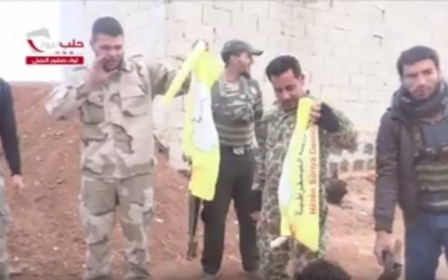US senators call for 100,000 troops in Syria

US senators John McCain and Lindsey Graham called for 100,000 coalition troops to be placed in Syria, mostly from Sunni regional states but also including Americans, to fight the Islamic State (IS) group.
Both McCain, the chair of the Senate Committee on Armed Services, and Graham, one of its members, criticised the current US strategy as "insufficient and unsuccessful" in defeating the religious armed group.
That strategy has consisted of carrying out air strikes against IS in Iraq and Syria in support of local ground forces, which have also received weapons and training.
"I think 100,000 would be (the) total requirement," McCain told journalists in Baghdad when asked about the size of the anti-IS force he and Graham were advocating for Syria.
"That would not be hard for Egypt; it would be hard for Saudis, it would be hard for some of the smaller countries," but Turkey could also provide forces, McCain said.
Saudi Arabia is already involved in a war in Yemen, while Egypt is battling an insurgency and Turkey is more concerned with Kurdish rebels than IS.
The force would also include some 10,000 American soldiers "providing capability the Arabs don't possess," said Graham, adding: "When's the last time an Arab army's manoeuvered?"
The two senators also called for the number of American forces in Iraq to be increased to around 10,000.
That figure would include special forces to conduct "more of the raids you saw not long ago," Graham said.
American special forces accompanied Kurdish troops on an operation in Iraq last month during which one US soldier was killed.
"This is different than the last two wars," said Graham, referring to the 14-year war in Afghanistan and the nearly nine-year conflict in Iraq, during which the group that became IS was founded.
"This time (it would) be a large regional army with a small Western component. The last two wars have been large Western components with a very small regional force," he said.
But even if this force were formed and defeated IS, it would then have to occupy part of Syria, spelling another potentially lengthy deployment of American ground troops in the Middle East.
"In my construct, it'd be an international holding force, Sunni Arabs would be holding that part of Syria where they're welcomed," after it was cleared of IS, Graham said.
But "the bottom line is, the whole international community would have to be part of holding," he said.
New MEE newsletter: Jerusalem Dispatch
Sign up to get the latest insights and analysis on Israel-Palestine, alongside Turkey Unpacked and other MEE newsletters
Middle East Eye delivers independent and unrivalled coverage and analysis of the Middle East, North Africa and beyond. To learn more about republishing this content and the associated fees, please fill out this form. More about MEE can be found here.




